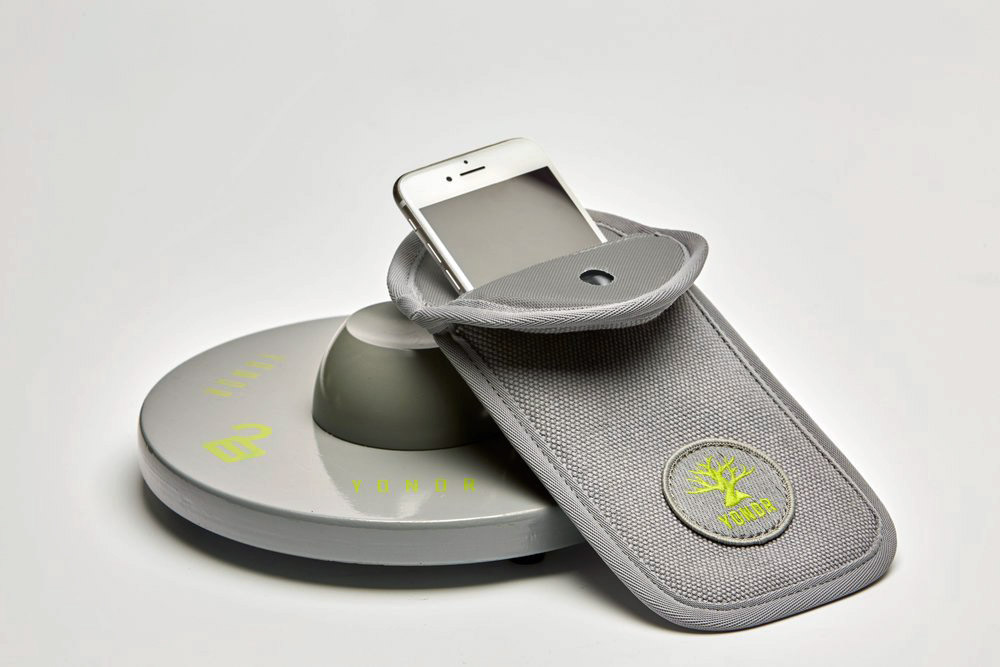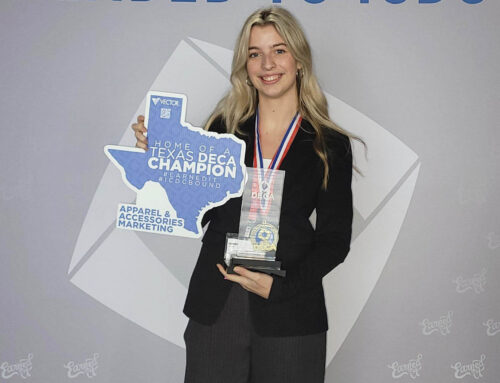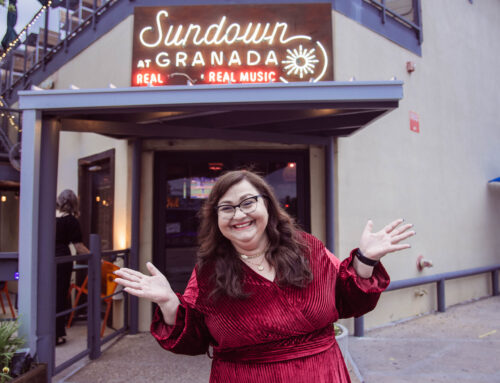Richardson ISD trustees voted last week to continue the district’s cellphone-free policy for students and expand its Yondr pouch pilot program in 2023-2024. Last year, students at Forest Meadow Junior High placed their cell phones in lockable pouches during the school day. Next year, students at Lake Highlands High School, Lake Highlands Junior High, Apollo Junior High and Liberty Junior High will also use Yondr pouches.
Trustees approved a $140,000 contract for the Yondr pouches, although Superintendent Tabitha Branum said it was unlikely the full amount would be needed. The cost per student is $17, or approximately $40,000 for LHHS and up to $14,000 per junior high, depending on enrollment.
After the first year of implementation, trustees were briefed by district staff on the pros and cons of the program. Forest Meadow teachers responding to a survey overwhelmingly reported favorable results, including 98% who observed fewer discipline issues regarding cell phones in their classrooms, 96% who found students more attentive and 90% who found more time for teaching and learning. Forest Meadow parents also gave the program rave reviews, with 66% who believed the policy helps prevent discipline issues regarding cell phones on campus, 72% who believed it helps students focus on learning in class and 76% who believed it helps teachers focus on teaching.
Students, unsurprisingly, were less than thrilled.
Only about 10% supported having their cell phones locked up all day, and just 25% said they’ve observed fewer discipline issues regarding cell phones. About one-third admitted they could focus better on classroom learning.
“It takes a while to break a habit,” said Joseph Miniscalco, RISD’s senior executive director of student services, “and we do have some campuses that have 50% of their discipline referrals still being associated with cell phones. But when you look at the Yondr campus, Forest Meadow, 2% of their campus violations were related to cell phones. So [there’s] a very distinct difference, just from a hard data standpoint, so that struggle still continues where Yondr is not being used.”
Branum noted that principals adopting Yondr in their schools were volunteering for the pilot program after implementing the “no cell phone” rules. “I want to be really clear that this is coming from our campuses,” she said.
LHHS Principal Kerri Jones said she and other campus administrators conducted routine “phone sweeps” last year, going into classrooms to collect phones, put them into Ziploc baggies and carry them to the office. The task required 30 to 45 minutes each morning and each afternoon, but the educational advantage was undeniable, she said.
“There was such a benefit to not having the phones. The teachers were so appreciative. They said they were getting their class time back. What was interesting was that often times I would keep the phones on in my office, just to hear how many disruptions we would get, and we were dinging throughout the day — social media alerts, text alerts, alarms going off, phone calls — it was unbelievable, and these kids aren’t ignoring that when they are in class. They are absolute distractions, so I feel that Yondr will help, because it will give us consistency, and it will give the administrators our time back to actually do what we need to do, which is be in classrooms supporting teachers and students.”
Dr. Matthew Gibbins, RISD’s assistant superintendent of administrative services, said the goal of the cell phone policy is to improve instructional engagement, increase face-to-face student interaction, boost academic success, increase teacher retention, reduce social media distractions and decrease student conflict. In their discussion of the significant cost for Yondr, trustees also noted the substantial financial benefits of retaining valued teachers and recovering instructional hours.
You may watch the full discussion via a recording of the school board meeting here. Skip to 2:56:24, which began after 9 p.m. and was a bit out of order from the printed agenda.






